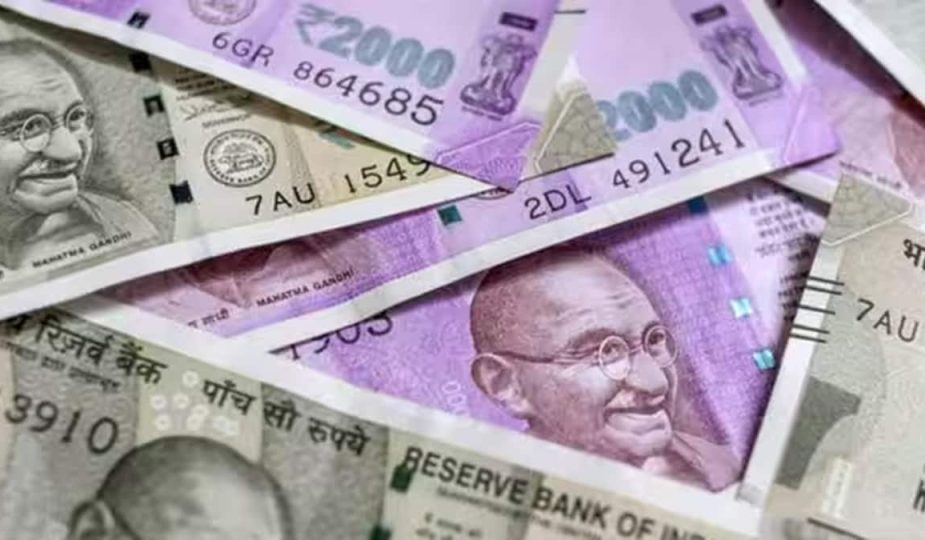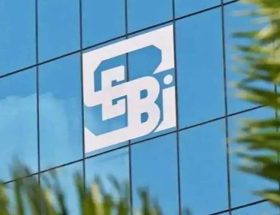
Venture debt deals largely loan-driven
With venture debt funds shying away from subscribing to equity warrants at high valuations, most start-ups are closing out pure-debt deals at high coupon rates. “Start-ups are taking on debt at higher than the usual 14-15.5%. Interest rates on these can go as high as 18-20%,”said an investor.
The number of deals, with an equity upside, has fallen sharply. Compared with 38 deals in 2022 and 49, the year before, Tracxn data shows that startups have closed out only 17 venture debt deals this year so far.
Warrants are typically converted into equity shares when startups next raise funds. However, the lack of confidence on the part of investors, the next round will fetch a better valuation, is holding them back from buying warrants.
Valuations in 2021, experts point out, were markedly high. The subsequent funding winter, as also the uneven performances of many businesses, has now seen valuations levelling off. Rather than take a chance on the equity upside, therefore, investors are choosing to close out pure debt deals and charge a higher coupon rate.
Some deals may not have been publicly announced but the number is not too large. According to Tracxn, Indian startups have raised venture debt funding of $172.5 million so far this year though a senior executive at a venture debt fund believes the amount could be bigger.
Most start-ups are looking for venture debt as they are unwilling to raise equity at a lower-than–expected valuation. “They are unwilling dilute their stakes,” explained a senior executive at a PE film. As such, they are taking on a loan for a couple of years and trying to make the business profitable. “So if consumer brands want to go offline or B2B marketplaces or want to have an embedded layer of financing that’s predominantly where we come in”, the executive explained.








